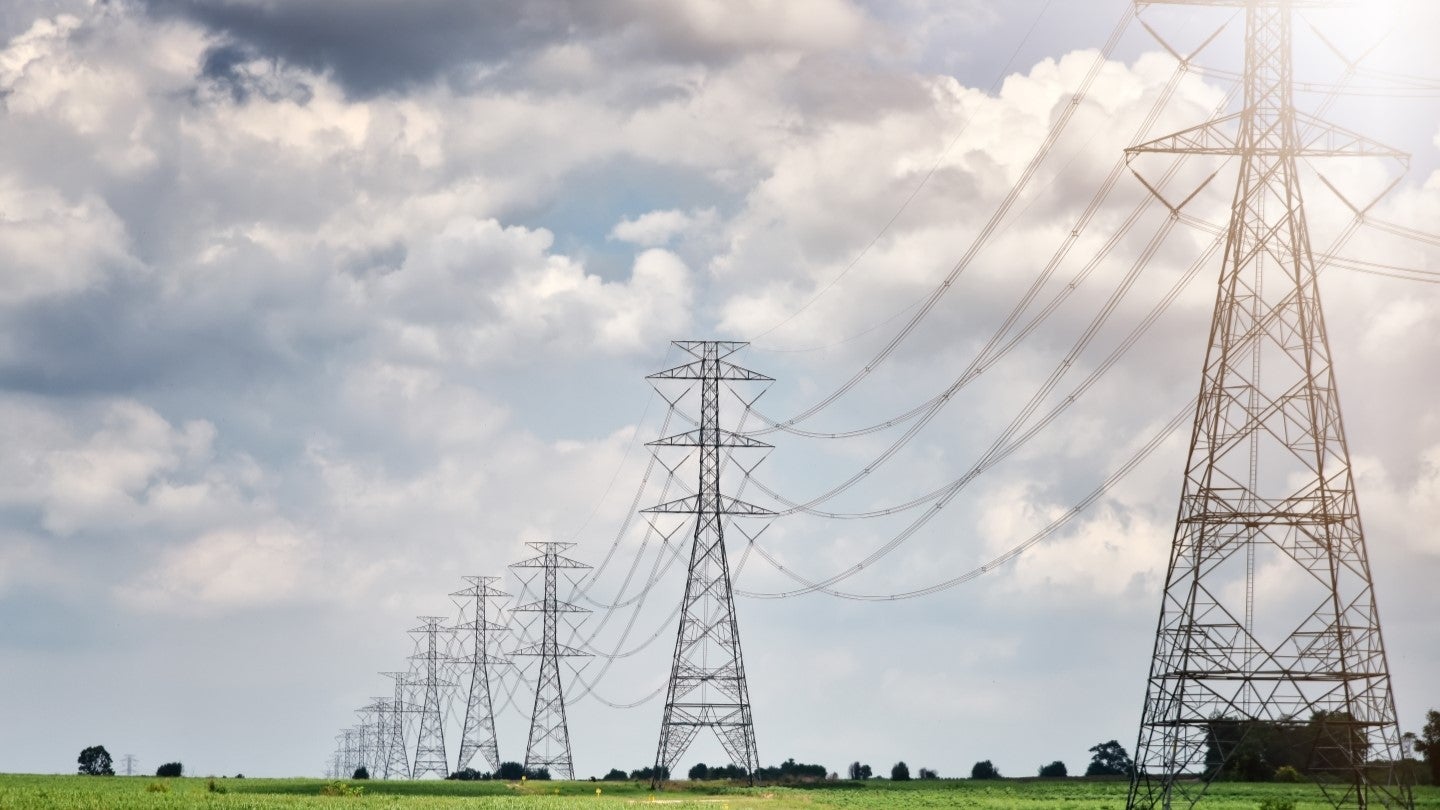
The European Investment Bank (EIB) has agreed to provide $242m (€219m) to modernise Poland’s electricity distribution network Enea.
With the funding, Enea plans to improve the security of power supply, support integration of renewable energy and meet the increasing demand caused by population growth and electrification of the economy.
The project will include several upgrades across western Poland, with focus on medium and low-voltage electricity distribution.
It will include installation of new or renovation of existing overhead and underground cables, and deployment of smart metres, and connection of new customers and renewable energy sources.
These enhancements will be carried out in EIB cohesion priority regions of western Poland, spanning four Voivodships namely Wielkopolskie, Zachodniopomorskie, Lubuskie and Kujawsko-Pomorskie.
EIB vice-president Teresa Czerwińska said: “Supporting the REPowerEU objective of reducing dependence on energy imports is of the utmost importance, and we are happy to strengthen the EIB’s partnership with ENEA by way of this agreement.
“This investment will not only accelerate the transformation and decarbonisation of the Polish energy sector but will also contribute to the creation of new jobs and strengthen economic development.”
Last year, EIB allocated around €20.86bn globally for sustainable energy, with €996m directed towards Poland.
Between 2018 and last year, it agreed to invest around €3.25bn to support the country’s energy sector transformation.
Over the past decade, EIB invested more than €100bn in the European Union’s energy sector to strengthen the region’s resilience amid the energy crisis caused by reduced Russian gas supplies.
Last year alone, it provided more than €17bn for energy efficiency, renewables, and storage projects within the EU.
In September, EIB provided $1.8bn (€1.7bn) in framework financing to Solaria, a Spanish renewable energy developer, to help it build 20 solar projects across Spain, Italy and Portugal with a capacity totalling 5.6GW.
The projects are expected to generate around 9.3TWh of clean energy annually and start operations by the end of 2028.







